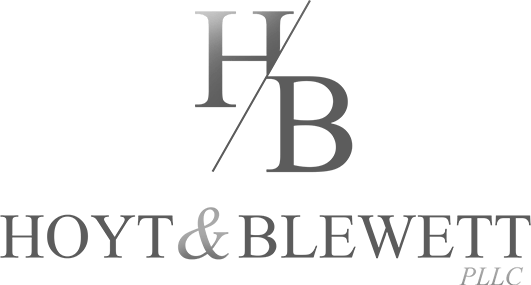If you are ever injured in an auto or trucking accident in Montana and seek medical attention for those injuries, it is important that you be made aware of the predatory collection practices employed by hospitals across the State of Montana.
When a typical patient with health insurance is treated at a hospital for an illness, the hospital submits the bills to the patient’s health insurer which then reimburses the hospital at a reduced rate pursuant to the hospital’s preferred provider agreement with the patient’s insurer. The reduced rate at which health insurers reimburse hospitals varies between insurers, hospitals and procedures, but it usually results in a significant reduction of the amount billed by the hospital. Conversely, when a patient with health insurance is treated at a hospital for injuries incurred in an auto or trucking accident, the hospital frequently refuses to bill the auto accident victim’s health insurance and instead seeks payment of the full amount of the bill from the victim’s auto insurance settlement proceeds by filing a lien.
This practice of filing liens against an accident victim’s settlement proceeds has become pervasive in Montana and most major hospitals in the State now contract with third party collection services to aggressively pursue these liens in order to collect the full amount of the bill at the expense of the injured party.
Not surprisingly, hospitals around the country are using the same lien enforcement methods adopted by hospitals in Montana in order to deprive accident victims of their settlement proceeds. These lien collection practices came to a head in a case brought against St. Luke’s Hospital in Kansas City, Missouri. For several years, St. Luke’s refused to accept the health insurance of 930 patients injured in auto accidents and instead attempted to collect payment from the patients’ settlement proceeds. After several years of litigation, St. Luke’s finally agreed to pay $3.5 million plus attorney’s fees to settle the case. Under the terms of the settlement agreement, St. Luke’s is prohibited from filing liens against a patient’s settlement proceeds and must accept a patient’s health insurance.
In July 2013, Indiana’s legislature enacted a law that prevents hospitals from seeking payment from a patient for any amount of the hospital’s charges that exceed the patient’s financial obligation to the hospital under the terms of the patient’s health plan. This common sense law means that victims of car and trucking accidents, who have health insurance, do not have to pay more for their medical treatment than other insured patients simply because they were unfortunate enough to be injured in an auto accident through no fault of their own.
In contrast, the Montana legislature has sanctioned the hospitals’ predatory collection practices against people who been injured in these kinds of accidents. It passed a law in the 2013 legislature which expressly permits hospitals to collect payment from an insured patient in excess of the health insurer’s reduced reimbursement rate when liability insurance is available to cover injuries resulting from an accident. As a result, vehicle accident victims who are unrepresented by competent legal counsel needlessly lose substantial portions of their settlement proceeds to the hospitals.
The car and trucking accident attorneys at Hoyt and Blewett PLLC have decades of experience battling with hospitals and their third party collection services to protect the settlement proceeds of Montana individuals injured in accidents. Should you ever suffer injuries in an auto or trucking accident and receive medical care at a hospital in Montana, make sure to consult with a law firm well versed in resolving hospital lien disputes.


